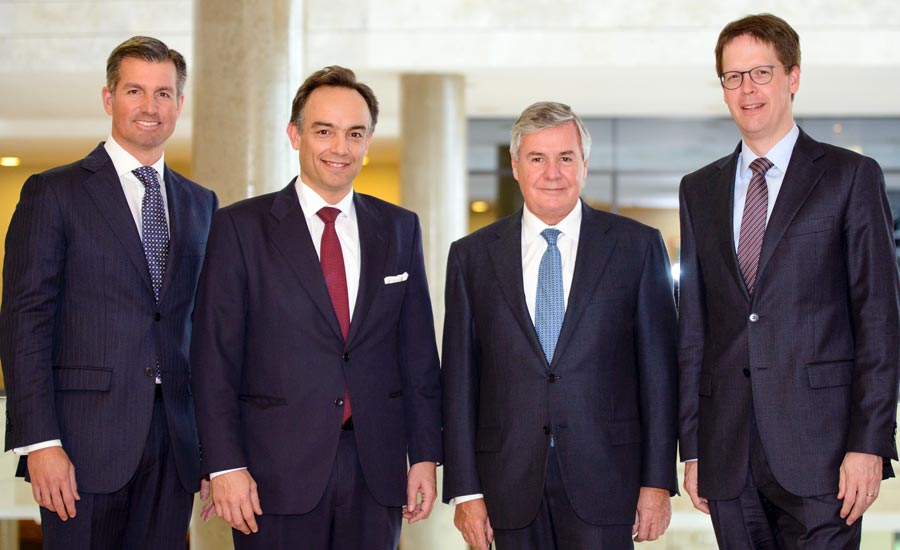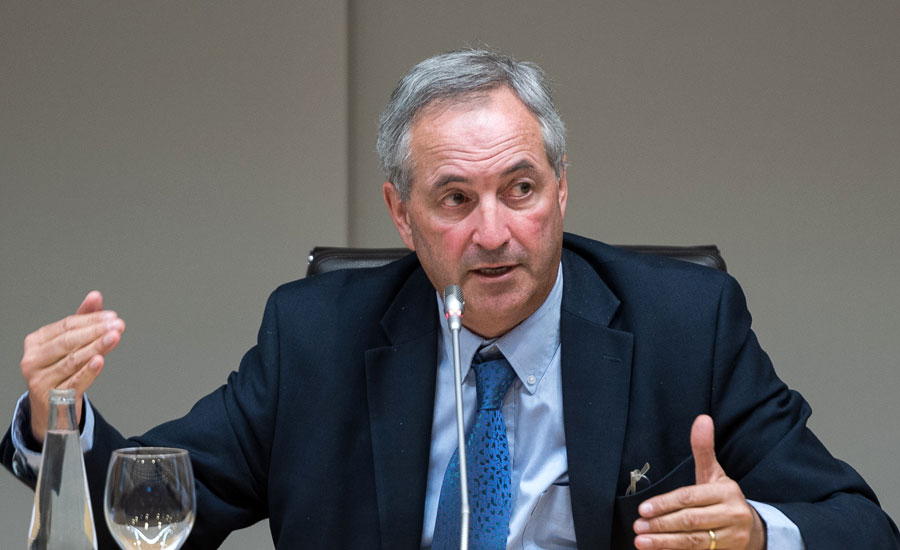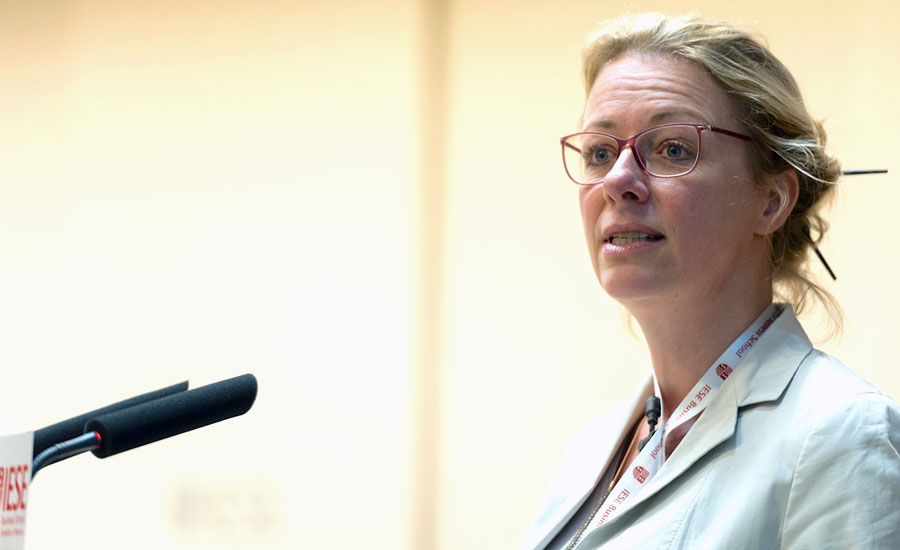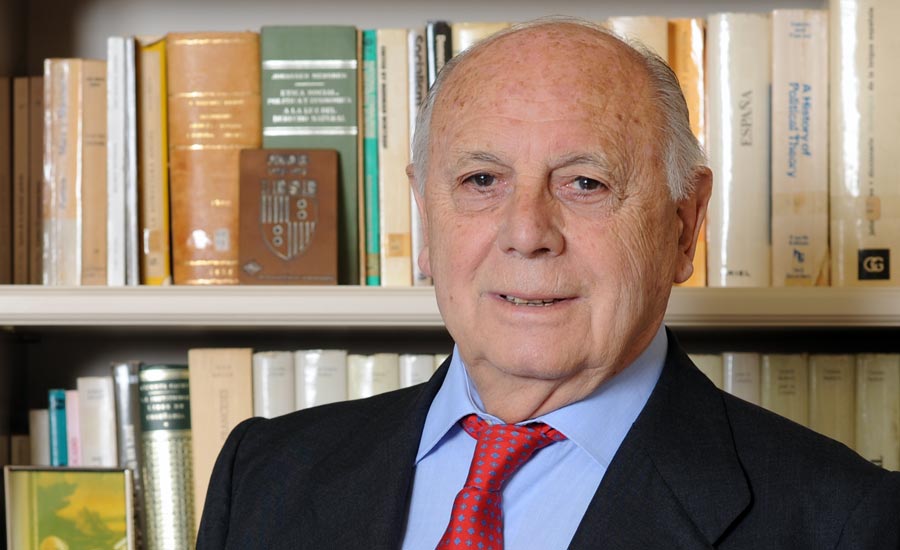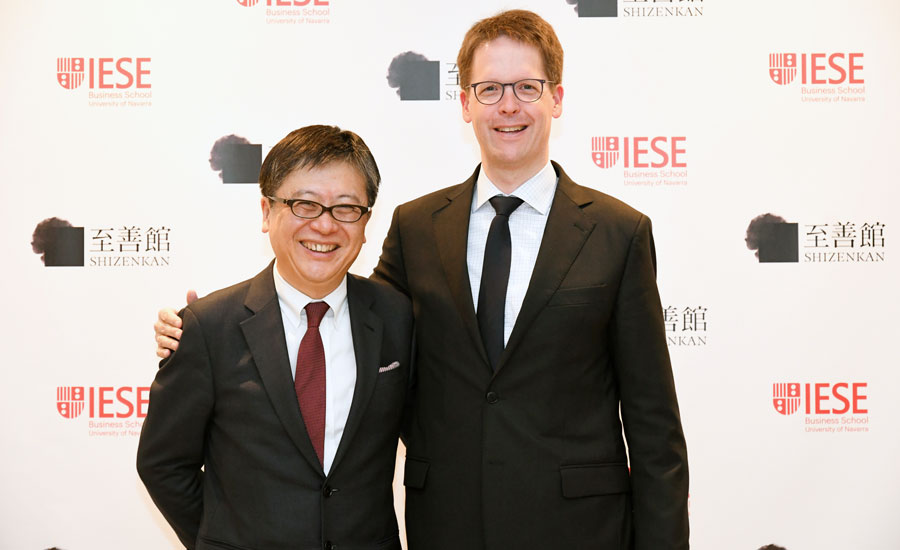![]()
Are we making progress on the path to gender equality, in terms of lowering barriers to opportunities and ensuring just treatment? Yes, says recent research by IESE faculty, which tackles the gender pay gap, women in leadership, and work-family conciliation.
But there is still much work to be done. To mark International Women's Day on March 8, here’s a round-up of recent research that analyzes problems to get at solutions. Three of the biggest research themes of the year are (1) the gender pay gap, (2) the underrepresentation of women in the highest rungs of leadership, and (3) work-family conciliation.
1. The Gender Pay Gap
Currently, global estimates peg the pay gap between men and women at 23%. New research is homing in on some specific causes of that gap and, thus, remedies to narrow it.
Risky Business: Female Executives and the Pay Gap
"Even in the rarified air of corporate boardrooms, women are still earning less than men for the same work," Mireia Giné, professor of financial management, explains.
Focusing on executive pay, Giné and two co-authors found that women receive significantly lower salaries and total compensation compared to men. Salary and compensation gaps were about 7 and 15%, respectively, even after controlling for tenure, job responsibilities and other factors.
C-suite executives don't just receive a salary; their compensation package typically includes equity incentives. These incentives carry potentially greater rewards, but also greater risk. Female executives were found to hold significantly lower equity incentive levels than their male counterparts, suggesting that they show, on average, a greater aversion to risk.
When the study turned its sights to the board of directors, results showed that more female representation resulted in smaller pay gaps. "For a firm with sample average proportion of female board members (9%), the gender pay gap in total compensation is approximately 5% lower than the 21% gap for firms with no females on the board," the authors assert.
In sum, even a single female board member could help level the playing field in terms of pay, the study indicates. Read more
The Inside Scoop on Reducing the Gender Gap
Working in parallel on this topic, using different research tools, Marta Elvira, professor in the both the strategic management and managing people in organizations departments of IESE, and a co-author reach some similar conclusions.
Analyzing data from 167 high-technology manufacturing firms over time, the co-authors found that the presence of female executives in top management positions helps reduce the gender pay gap.
They also found, contrary to some conventional wisdom, female executives are paid better when they are promoted from within, controlling for other variables. When there's more information on female executives' work histories, the gender pay gap is reduced.
It's also noteworthy that this research also found no significant relationship between company profitability and gender, adding to the mounting evidence inconsistent with the so-called "theory of the glass cliff," from which women are metaphorically pushed off in struggling companies in crisis. Read more
2. Underrepresentation of Women on the Highest Rungs of Leadership
So, what’s happening in Spain now? Several studies offer a picture of steady, if slow, progress.
Slow Progress for Women on Spanish Boards
Women's representation on the boards of Spain's 133 listed companies climbed by 15% during 2017. That increase brought the total to 258 female directors, who now occupy just over 19% of 1,347 board seats, says a 2018 study.
While significant ground was gained, the current situation still falls short of the EU's average of 25% and the 30% representation recommended by the Good Governance Code of Spain's National Securities Market Commission (CNMV) for the year 2020.
Homing in the 35 companies tracked by Spain's benchmark IBEX-35 index, and setting aside the remaining 98 listed companies, more progress is seen. In the elite group of 35, there are 106 female directors out of 448 total – that's almost 24%. In the other listed companies, female representation comes to just about 17%.
This study was created under the academic direction of professor Nuria Chinchilla, holder of the Carmina Roca and Rafael-Pich Aguilera Women and Leadership Chair at IESE. Read more
Family Business Focus
Meanwhile, IESE's Chair of Family-Owned Business offers a comparison of family and non-family businesses in Spain. This 2017 study finds family businesses showed slower progress than non-family businesses in increasing women's representation in boards. In 2004, women's representation on the boards of Spain's family businesses came to nearly 7%, while it was only 2% for non-family businesses. Fast forward to 2015 and women made up 15% of the family-business boards and 17% of the non-family-business boards. Read more
3. Promoting Work-Family Balance
Research finds the underrepresentation of women in top leadership positions is related to workplace policies that allow flexibility for work-family conciliation. Specifically:
Management in Spain: Where Are the Women?
For the book Women in Management Worldwide: Signs of Progress, IESE's Mireia Las Heras and co-author Marc Grau identify the main challenges at work in Spain. Two of them are:
1. The Spanish job market is inflexible: it isn't geared towards workers leaving and re-entering the workforce.
2. There is an organizational culture of "presenteeism," where companies value working long hours over flexibility and real productivity.
They conclude: Spain needs to do more to tap into the leadership potential of its highly educated female workforce. Managers should promote better work-family balance – and enjoy its benefits themselves – for a thriving, fair and diverse work environment for all. Read more
Hanging in the Balance: Technology and the Blurring of Work-Family Boundaries
Advice on how to achieve these goals can be found in chapters of the book The Work-Family Balance in Light of Globalization and Technology, edited by professorsLas Heras, Chinchilla and Grau. Collected papers use a range of analytical approaches, with research across eight nations, to show that technology is fundamentally changing the way we spend time at work and with our families worldwide – from entrepreneurs in Ethiopia to managers in Spain.
Much of this new research shows that balance in our globalized age is less about a traditional separation between work and home, and more about a skillful, flexible negotiation of these overlapping domains. Read more
Managers – male and female – play a key role in making this negotiation work. That is the conclusion of another paper by Las Heras et al., just published in 2018. Specifically, this research finds that family-supportive supervisor behavior – i.e., having managers who take steps to help employees achieve a better work-family balance – has a positive impact on motivation at work and "that this relationship holds across cultures." Read more
One in Four Women Feels Forced to Choose Between Career and Motherhood in Spain
Back to the Spanish context, a survey of nearly 8,500 shines a light on some negative consequences when conciliation isn't possible.
According to this 2017 study prepared by Nuria Chinchilla, Esther Jiménez and Marc Grau, three out of four mothers in Spain feel they are discriminated against in the workplace. In addition, half of respondents said they have had fewer children than they wished and more than a quarter have postponed or renounced having children in favor of their careers.
More than half, 57%, say they had to give up a job that was incompatible with being a mother and 53% say motherhood has limited their career development. Twenty% of respondents say they were not allowed to return to their jobs following maternity leave. Read more
Gender Equality Remains Elusive in Spain
Another hard look at the problem comes from another 2017 report by IESE's International Center for Work and Family which found that 87% of men and 86% of women in Spain claim to work in environments which systematically impede equal opportunities. Among the issues is that stubborn gender pay gap, which the study finds is wider for older working generations and shrinks to under 6% for those under 25. Read more
Shrinking or eliminating the gender pay gap, helping with work-family balance, and increasing women's presence in top leadership positions are clearly interrelated issues. Tune in for next year's research to continue measuring the progress made.
![]()







